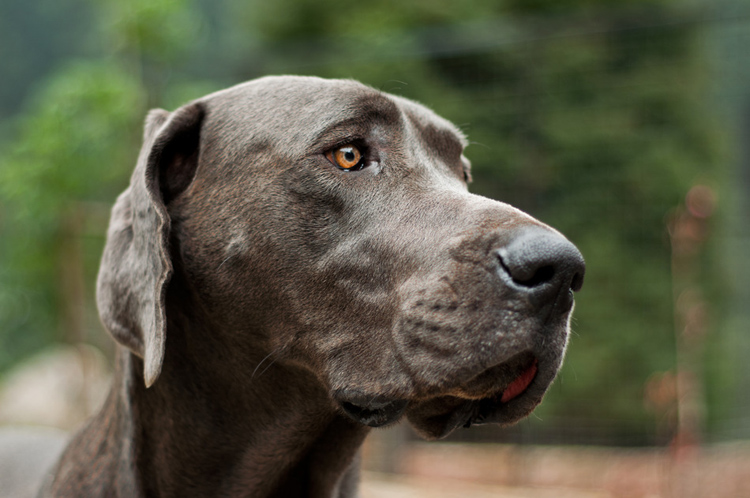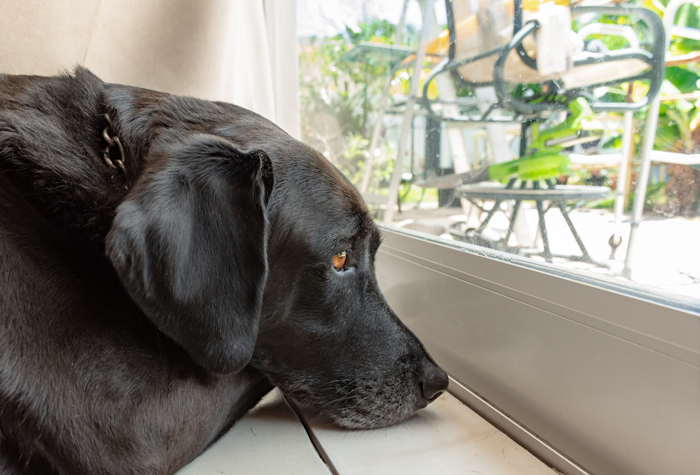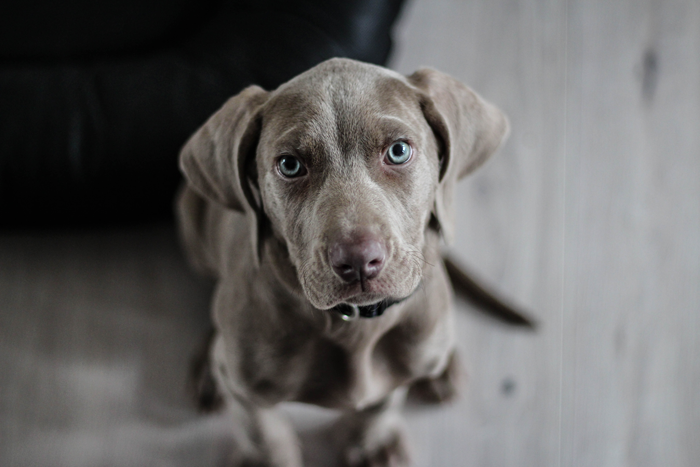It’s not always easy to tell when your pet needs to go to the vet…

Top 5 Dog Breeds that Would Benefit from Pet Insurance
Any dog owner can benefit from pet insurance, most simply don’t know that they need it. The truth is that any animal can suffer from an illness or accident, and veterinarian bills can run in the thousands for emergency services.
Every breed of dog has the potential to need advanced care at some point during their life, but some breeds are more at risk for serious health problems. While pet insurance is always a good safety net to protect your pet and finances, it’s even more advisable for owners of these 5 breeds.
Bulldog (French, American, and English)
The bulldog is an excellent breed temperament-wise. They’re amiable with children and family members. They like to be around their people, but they’re not overly excited or rambunctious the way other breeds might be. They are, however, prone to many health issues. Most bulldogs will have breathing issues to which the shape of their muzzle and build makes them predisposed. Warm, humid weather hinders their ability to breathe as well. They also have a higher-than-average incidence of hip dysplasia. Other issues that are common in bulldogs include all forms of orthopedic issues, allergies, heart disease and tumors (both malignant and non).
Great Dane
Great Danes are a large breed, anywhere from 100 to 200 pounds, but they’re extremely affable and great with kids. As with most large breeds, their lifespan is far shorter. They’re also prone to a number of dangerous health issues. Great Danes have a high rate of gastric torsion, which means that their stomach can twist, causing bloating which is extremely painful and can cause death within a few hours if not treated immediately. Many Great Dane owners opt to have a preventative surgery done to prevent this. Other issues Great Danes face include bone problems, heart disease, cancer, and hypothyroidism.
Rottweiler
Rottweilers are an extremely popular breed, ranking as the 10th most popular breed by the AKC. Like Great Danes, Rottweilers are prone to bloat or gastric torsion. In addition to that danger, Rottweilers have a high rate of osteopathic issues, including bone cancer, and have a high rate of cancer overall. They are at risk for heart problems, skin issues, colitis, and epilepsy.
Chihuahua
By far the smallest dog on our list, Chihuahuas are extremely popular and, in good health, can live a long life — up to 16 years. However, they are prone to some conditions that can be costly. Chihuahuas have a risk of hypoglycemia due to their small stomachs and active ability to burn energy quickly. They tend to have arthritis problems, especially in the knees. They have obesity problems due in large part to being overfed — this last issue often leads to diabetes and the subsequent health issues related to that disease.
Saint Bernard
The Saint Bernard is another extremely large breed, best known perhaps for saving travelers from the cold. This breed is an excellent family member and affable friend. However, they bear the inherent orthopedic problems found in large breeds and have a propensity for bloat (just as the Great Dane and Rottweiler). Other risks for Saint Bernards include cancer, heart disease, skin ailments, and epilepsy.
If you are a loving pet owner, we’ve teamed up with one of the top pet insurance carriers in the country to offer discounts on coverage. Visit our pet insurance page.


